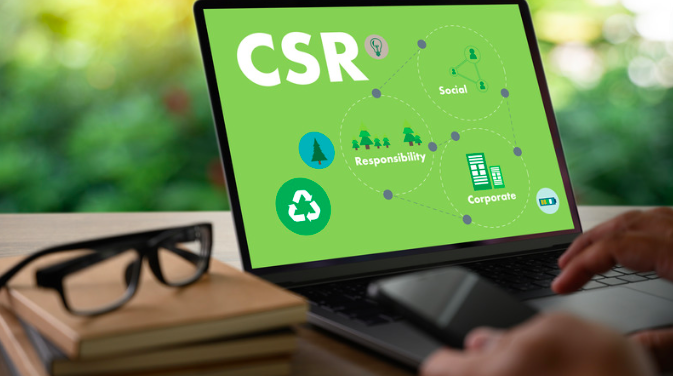The long-awaited Corporate Sustainability Due Diligence Directive (CSDD or CS3D) finally came into force on 5 July 2024! A fundamental step towards a more sustainable future for companies and the planet. Let’s find out together what is changing and what are the obligations for large companies with regard to human rights and environmental protection.
What does the Due Diligence Directive do?
The Directive introduces new obligations and responsibilities for large companies, requiring them to:
-
Identify and Assess Negative Impacts: identify and assess the actual and potential negative impacts of their operations, subsidiaries, and business partners on human rights and the environment.
-
Adopt and Implement a Plan: develop and implement a plan to prevent or mitigate these negative impacts.
-
Monitor and Report: monitor the implementation of the plan and publicly report on the progress made.
Who does the directive dpply to?
The Directive applies to all large EU companies with an average of over 1,000 employees and annual revenue exceeding €450 million. It also applies to non-EU companies that, regardless of the number of employees, have generated revenue in the European Union in the penultimate financial year.
The Directive also applies to:
-
Parent Companies: EU or non-EU companies that control a group with annual revenue exceeding €300 million in the EU. In this case, the parent company is obliged to apply Due Diligence even if its own revenue does not reach the threshold.
-
Franchising and Licensing Agreements: EU or non-EU companies that have entered into franchising or licensing agreements in the EU with independent third-party companies.
What are the objectives of the Directive?
The Directive aims to promote the respect for human rights and the protection of the environment by companies, to ensure that companies operate in a sustainable and responsible manner, and to contribute to achieving the sustainable development goals of the 2030 Agenda.
The Due Diligence Directive represents an opportunity for companies to:
- Improve their reputation and brand image ;
- Reduce legal and financial risks ;
- Strengthen consumer and investor confidence ;
- Access new markets and business opportunities ;
- Become a leader in the transition to a more sustainable economy.
Italy has until 26 July 2026 to transpose the Due Diligence Directive into national law. This means that the new rules will come into force with different deadlines depending on the size of the companies:
- 26 July 2027: for large European companies with more than 5,000 employees and a worldwide net turnover of more than EUR 1.5 billion, and for non-EU companies with the same characteristics ;
- 26 July 2028: for European companies with more than 3,000 employees and a worldwide net turnover exceeding EUR 900 million, and for non-EU companies with the same characteristics ;
- 26 July 2029: for all other companies not included in the above categories.
Companies can start preparing for the Due Diligence Directive:
- By informing themselves about the contents of the Directive and the specific obligations arising from it ;
- Assessing their impacts on human rights and the environment ;
- Identifying suppliers and business partners at risk of negative impacts ;
- Starting to develop an action plan for Due Diligence.
The entry into force of the Due Diligence Directive is an important step towards a more sustainable future for business and the planet. Companies that seize this opportunity can strengthen their long-term success and contribute to a better world for all.
And you, are you ready to take on the sustainability challenge? Get in touch with the Beeing team to find out together how to tackle this new opportunity!

